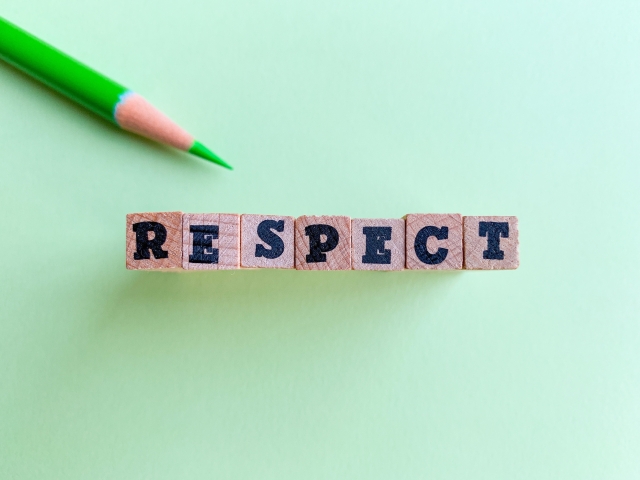ブログスレッド
- Japanese Online Newsletter Vol. 29 君と僕(きみとぼく)
日本語では、相手のことを君と呼び、
これは、元々あった言葉を短縮したもので、君は「君主」、僕は「下僕」から生まれた言葉なのです。君主は言うまでもなく「ご主人さま」を意味するもので、下僕は「つかえる者」を意味しています。要するに君と僕には主従関係があるのです。
日本には相手を敬う(尊敬する)言葉遣いがあります。何かをお願いするときも「〜〜〜をしてください。」「〜〜〜をしていただけますか。」「〜〜〜をお願いします。」のように相手を尊重した言葉の使い回しが多くあるのです。
お話をするときに相手を敬う言葉遣いをすることも日本語では大切です。それが礼儀正しい日本語の使い方なのです。
Kimi to Boku
In Japanese, you refer to other people as Kimi” and yourself as “Boku”. Of course, you can say "Anata" for another person and “Watashi" for yourself as well. However, in the Japanese language, “Kimi” and “Boku” were invented first.
“Kimi” is a shortened version of the word “Kunsyu” and “Boku” came from the word "Geboku". Needless to say, “Kunsyu” means the “master" and “Geboku” means the “servant". In short, “Kimi” and “Boku” have a master-slave relationship.
In Japan, language is used to show respect to the other person. When you ask for something, you use phrases like “~~~ o shitekudasai”, “~~~ o shite Itadakemasuka” and “~~~ o Onegaishimasu." These phrases show respect to others.
It is also important in Japanese to use language that respects the other person when talking. This is how you use Japanese politely.

Learn more Japanese words and culture on our Daily Blog .